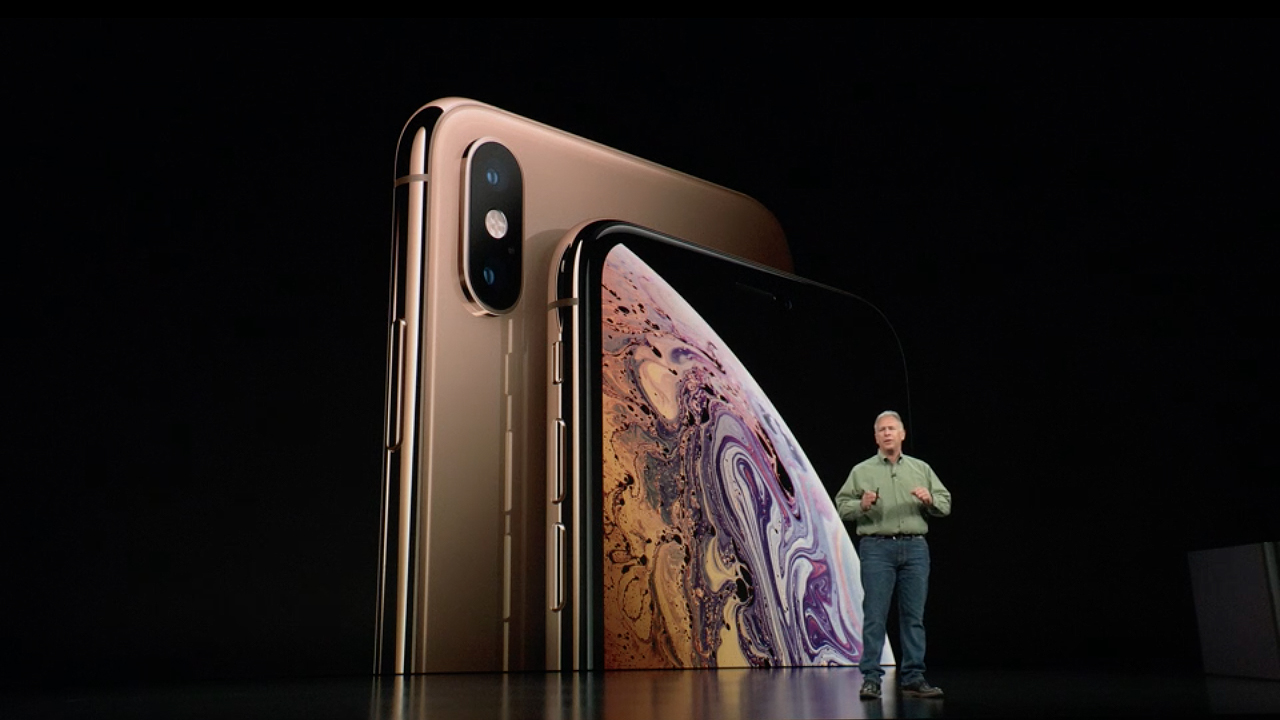iPhone XS will boost eSIM shipments to 420m by 2022
Analysts predict other manufacturers will follow the iPhone XS.

It is predicted the inclusion of eSIM technology in the recently-launched iPhone XS, XS Max and XR will catalyse the market and lead to 420 million shipments by 2022.
eSIMs are a fixture of cellular-powered Internet of Things (IoT) networks, allowing devices to switch networks without the need for a physical intervention.
Apple itself has been a supporter of the technology, including its Apple SIM standard in the iPad Air 2, and using an embedded SIM for the LTE variants of the Apple Watch, while a few Android devices support the feature.
Apple eSIM
But to date, the most high-profile flagship smartphone to include an eSIM has been the Google Pixel 2. Apple’s inclusion of an eSIM alongside a physical Nano SIM will likely encourage other manufacturers to follow suit.
“It was always a case of ‘when’, not ‘if’, Apple would extend support of eSIM beyond its smartwatches and select a range of tablets into its smartphone portfolio,” said Phil Healy, principal analyst at ABI Research.
“Samsung is a clear contender for the next Original Equipment Manufacturer (OEM) likely to launch an eSIM handset. However, Samsung will likely adopt a tiered approach, integrating the eSIM into its S and Note range first, then expand into its A and C ranges later.
“Huawei is another, but we should not dismiss other OEMs, including LG and Xiaomi, who both have a range of high-end smartphones, or even other more localized vendors, including OPPO, who are looking to expand beyond China.”
Are you a pro? Subscribe to our newsletter
Sign up to the TechRadar Pro newsletter to get all the top news, opinion, features and guidance your business needs to succeed!
The ability to change networks with the tap of a phone will create new business models for mobile operators and allow users to pick from a wider range of services. Many operators offer customers the ability to change their mobile package if their data needs change, but eSIM would allow them to pick from tariffs from multiple suppliers.
Similarly, someone might want to move to a different network for a short period because their coverage is superior in a certain area.
However, analysts aren’t predicting the demise of the physical SIM card just yet
“Today the market is not ready to completely embrace the eSIM for a number of reasons, and notably this is due to lack of operator eSIM readiness,” added Healy. “OEMs will need to remain mindful of this to continue supporting their respective global client base until all operators are ready to make the switch full time.”
- Here are the best iPhone deals for September 2018
Steve McCaskill is TechRadar Pro's resident mobile industry expert, covering all aspects of the UK and global news, from operators to service providers and everything in between. He is a former editor of Silicon UK and journalist with over a decade's experience in the technology industry, writing about technology, in particular, telecoms, mobile and sports tech, sports, video games and media.